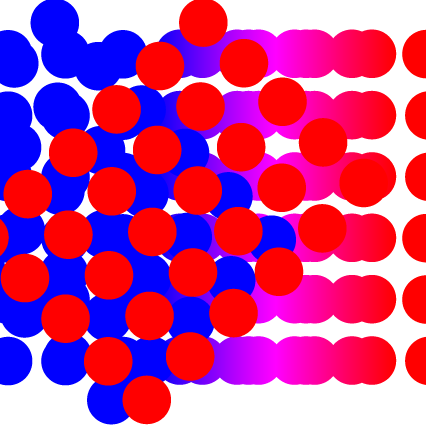Events
-
 Toolbox #5
Toolbox #5
-
 Toolbox #6
Toolbox #6Toolbox in the winter term 2025/26
-
 Toolbox #7
Toolbox #7Toolbox in the winter term 2025/26
-
 Grau, kalt und rechts? Wie reden wir über „Ostdeutschland“?
Grau, kalt und rechts? Wie reden wir über „Ostdeutschland“?What is “East Germany”? We want to talk about a region often perceived as gray, cold, and politically right-leaning. We aim to discuss how East German lifeworlds are constructed in media representations, political debates, and cultural and literary narratives, navigating between self-description and external attribution, between memory and the present.
-
 Toolbox #8
Toolbox #8Toolbox in the winter term 2025/26
-
 Contradictions Festival – 10 years WOC
Contradictions Festival – 10 years WOCIn fall 2025, Worlds of Contradiction (WOC) will be 10 years old. An overview of the planned program is available on the WOC website.
-
 Early Career Vernetzungsworkshop
Early Career VernetzungsworkshopEarly Career Networking Workshop as part of the 10th anniversary of the WOC Contradictions Festival with members of the WOC Graduate Network (WOC GradNet), the DFG Research Training Group 2686 Contradiction Studies, the Bremen International Graduate School of Social Sciences (BIGSSS), the Institute for Social Research (IfS) and the GRK 2638 Normativity, Critique, Change
-
 Toolbox #9
Toolbox #9Toolbox in the winter term 2025/26
-
 Workshop: Research Data Management
Workshop: Research Data ManagementFurther information will follow shortly.
-
 Toolbox #10
Toolbox #10Toolbox in the winter term 2025/26
-
 Toolbox #11
Toolbox #11Toolbox in the winter term 2025/26
-
 Toolbox #12
Toolbox #12Toolbox in the winter term 2025/26
-
 Toolbox #13
Toolbox #13Toolbox in the winter term 2025/26
-
 Workspace/Kolloquium Contradiction Studies #1
Workspace/Kolloquium Contradiction Studies #1Workspace/Kolloquium #1 in the winter term 2025/26
-
 Workspace/Kolloquium #2
Workspace/Kolloquium #2Workspace/Kolloquium #2 in the winter term 2025/26
-
 Workspace/Kolloquium #3
Workspace/Kolloquium #3Workspace/Kolloquium #3 in the winter term 2025/26
-
 Workspace/Kolloquium #4
Workspace/Kolloquium #4Workspace/Kolloquium #4 in the winter term 2025/26
Past Events
-
 No Contradiction: True and Effective Knowledge
No Contradiction: True and Effective Knowledge
-
 Of Paradoxes and Pitfalls, or: Does the Post-Migrant Society Need a Collective Memory?
Of Paradoxes and Pitfalls, or: Does the Post-Migrant Society Need a Collective Memory?
-
 Interfaces Retreat
Interfaces Retreat
-
 Insights into the Work of U Bremen Contradiction Studies
Insights into the Work of U Bremen Contradiction Studies
-
 Open Campus. Fakten & Fiktion: Performance und Science-Slam zum Thema Widersprüche
Open Campus. Fakten & Fiktion: Performance und Science-Slam zum Thema Widersprüche
-
 Anti-Genderism in France and Germany: a Transnational Illiberal Practice?
Anti-Genderism in France and Germany: a Transnational Illiberal Practice?
-
 DeMarg 5: Tracing Forms of De/Marginalization
DeMarg 5: Tracing Forms of De/MarginalizationConference of the European Network on Discourses of Marginality and Demarginalization (DeMarg).
-
 Portrait and Self-Portrait as Means of Deconstructing Stereotypes of Alterity and Marginalization
Portrait and Self-Portrait as Means of Deconstructing Stereotypes of Alterity and Marginalization
-
 Ethnography with Roma and their Relations with the Portuguese Educational System
Ethnography with Roma and their Relations with the Portuguese Educational System
-
 Black Bodies on South African Beaches: Lus en Smaak jou lekkerding
Black Bodies on South African Beaches: Lus en Smaak jou lekkerding